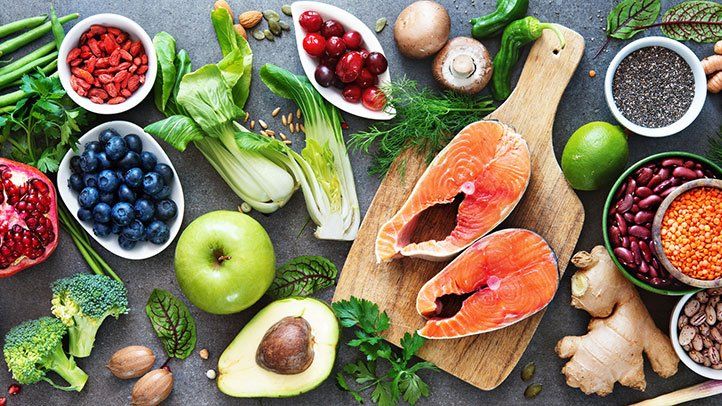FOOD & LEARNING
IS THERE ANY LINK IN BETWEEN FOOD & LEARNING?
Definitely “Yes” Eating a wide variety of nutritious foods helps interest, attention, and learning. Eating regular meals also helps promote a good mood and attention.
Nutrition is essential for healthy brain function! The research suggests that eating a healthy and nutritious diet can improve mental health enhance cognitive skills like concentration and memory and improve academic performance. So Children should be eating plenty of nutritious food. Nutritional deficiencies early in life can affect the cognitive development of school-aged children, and access to nutrition improves students’ cognition, concentration, and energy levels.
To learn well, our children and youth need to eat well. Nutrition plays a key role in the healthy development of our children and youth. Nutritious foods provide our body and mind with the energy needed to grow, feel well, be active, stay healthy and learn.
What kind of food we should include: It should be nutritious.
We have heard about a balanced diet. A balanced diet is a secret to healthful eating. A balanced diet can help students increase energy levels, promote a functioning immune system, improve their ability to cope with stress, and increase concentration and performance in school. Healthy eating is influenced by a variety of factors.
The following food items are rich in a variety of compounds that may help promote academic performance and protect the health of the brain. Different types of nutrients we need to help our brains function. Read this list to learn more about what the brain needs!
Omega-3 Fatty Acids – To promote and enhance your intellectual performance, omega-3’s are needed in your diet! Consuming omega-3’s helps with general thinking and thought to process, but also assists with remembering and learning. If you struggle with ADHD, studies have shown that Omega-3 helps reduce symptoms. Additionally, other research suggests they may help prevent Alzheimer’s disease and dementia, as they have a positive effect on memory. Omega-3s are most often found in fish, such as:-
1. Mackerel: 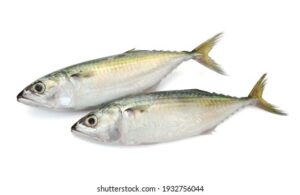
Mackerel are small, fatty fish. Omega-3 content: 4,107 mg in one piece of salted mackerel.
2. Sardine: Sardines are very small, oily fish. They’re highly nutritious, especially when eaten whole. They contain almost every nutrient your body needs.Omega-3 content: 2,205 mg per cup
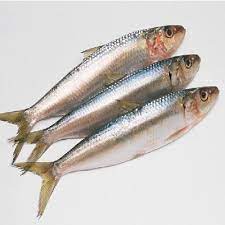
3 Salmon: It contains high-quality protein and a variety of nutrients, including large amounts of vitamin D, selenium, and B vitamins. Omega-3 content 2,260 mg in 3.5 ounces (100 grams)
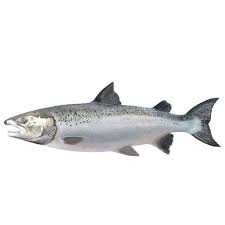
4. Cod liver oil: Cod liver oil is more of a supplement than a food.Omega-3 content: 2,682 mg per tablespoon.
5. Anchovies: Anchovies are tiny, oily fish. Omega-3 content: 2,113 mg per 3.5 ounces (100 grams).
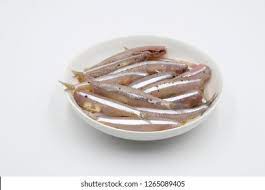
6. Oysters: Shellfish are among the most nutritious foods you can eat. Omega-3 content: 435 mg per 3.5 ounces (100 grams)

6. Caviar:- Caviar consists of fish eggs, or roe. Omega-3 content: 6,786 mg per 3.5 ounces (100 grams)

7. Flaxseeds: Flax seeds are small brown or yellow seeds. Flax seeds are also a good source of fiber, magnesium, and other nutrients. They have a great omega 6-to omega 3. Omega-3 content: 2,350 mg per tablespoon (10.3 grams) of whole seeds.
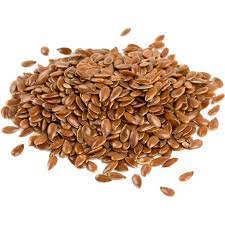
8. Chia seeds: Chia seeds are incredibly nutritious. Not only that they’re rich in manganese, selenium, magnesium, and a few other nutrients. Omega-3 content: 5,060 mg per ounce.
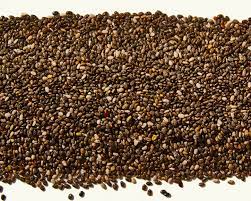
9. Walnuts: Walnuts are very nutritious and loaded with fiber. They also contain high amounts of copper, manganese, vitamin E, as well as important plant compounds.Omega-3 content: 2,570 mg per ounce (28 grams)
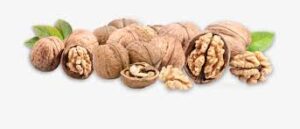
10. Soybeans: Soybeans are a good source of fiber and vegetable protein. Omega-3 content: 670 mg in a 1/2 cup.
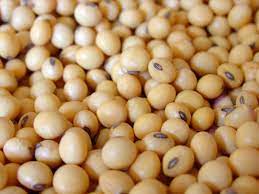
.B Vitamins – Mood and mental performance is heavily influenced by your intake of B vitamins. This is another nutrient noted to lower the odds of developing dementia because it assists memory ability. Vitamin B also helps to reduce anxiety, depression, stress, migraines, PMS symptoms, and the risk of heart disease. Plus, it boosts your energy levels! In the United States today, many people have vitamin B deficiency and often are not aware. There are a variety of different B vitamins and can be found in many different foods. For example, spinach, broccoli, kale (palak), and cauliflower.
- milk.
- cheese.
- eggs.
- liver and kidney.
- meat, such as chicken and red meat.
- fish, such as tuna, mackerel, and salmon.
- shellfish, such as oysters and clams.
- dark green vegetables, such as spinach and kale.
Vitamin K – Cognitive function and brainpower are dependent on Vitamin K for optimal performance. Vitamin K has often been called “the forgotten vitamin” as it is often forgotten or overlooked in terms of importance for other body functions including blood clotting, preventing heart disease, and building strong bones. Vitamin K deficiency often contributes to bruising easily.
Vitamin K can be found in broccoli, leafy greens like spinach and collard greens, basil, and even chili powder!
Vitamin E – Vitamin E is an important antioxidant that can prevent or decelerate cognitive decline and boost memory as the brain ages. Additionally, vitamin E is necessary for healthy eyes and skin because it protects the cells from damage. Although vitamin E deficiencies are considered rare, those who do have this deficiency often are more likely to suffer from other diseases and may have digestive problems as well
You can be found in Nuts, seeds, avocado, and tofu are excellent sources of vitamin E as well as green, leafy vegetables.
Naturally colorful foods like blueberries and red bell peppers contain antioxidants, vitamins, fiber, and many other nutrients that support healthy growth, and help prevent problems such as obesity, dental cavities, iron deficiency, and osteoporosis. For example, yellow and orange fruits and vegetables are abundant in vitamins C and A, which prevent cell damage, support healthy joints and eyesight, and lower cholesterol. Green fruits and veggies, such as spinach, asparagus, and avocado, are high in vitamins K, B, and E, which improve digestion and support healthy bones. Purple produce is high in vitamins C and K, which help with memory and support a healthy heart.
Typically, a person who eats a healthful, balanced diet that includes lean proteins, vegetables, fruits, complex carbohydrates, and water will get the nutrients they need.
Vasantha. K.P.

